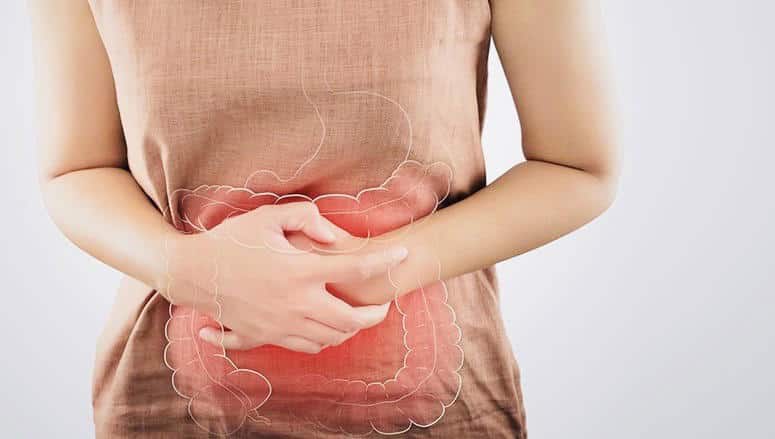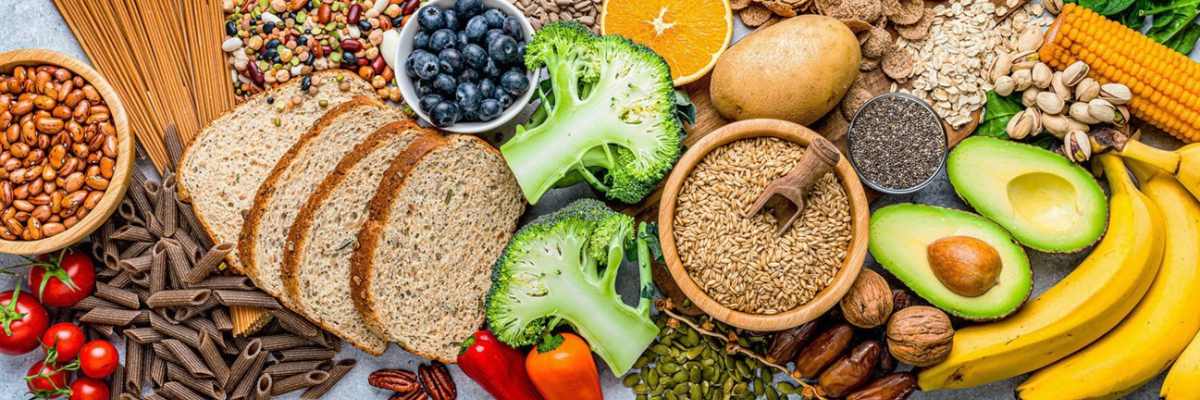Are you struggling with constipation?
You’re not alone! Constipation is one of the most common gastrointestinal issues reported in Western countries. As you may expect, constipation often has a lot to do with diet and lifestyle, but it can also reflect your gut health.
What is constipation?
If you have fewer than three bowel movements a week, conventional medicine would view you as being constipated. Functional medicine practitioners however, believe that if you are healthy, you should expect to have one to three complete bowel motions every day. Bowel movements refer to passing stool or faeces; in other words, poo. Constipation can be temporary (acute) or may persist for a few weeks or longer (chronic). Anyone experiencing chronic constipation may have underlying health concerns that should be investigated by a doctor. Certain foods, food sensitivities, nutritional deficiencies, stress, not drinking enough fluid and gut bacteria imbalances can all contribute to irregular bowel movements or constipation. More often than not, constipation can be resolved with a few changes to your diet and lifestyle.

Can food sensitivities cause constipation?
Food sensitivities, not to be confused with food allergies, refer to a chemical reaction in the body that occurs when we consume a particular food or drink. Food allergies, on the other hand, occur when the immune system reacts to foods that are usually considered harmless. Continuous exposure to foods that we may be sensitive to has been shown to reduce the mucus layer in areas of the colon which can contribute to constipation.
Common sensitivities include dairy, wheat, egg, tomato, fish, cocoa and soy among other things.
Do nutritional deficiencies play a role in constipation?
Vitamin D deficiency has been linked with constipation. At this time of year vitamin D deficiency becomes more of a problem. Usually, the sun gives us about 80% of the vitamin D we need. Wrapping up to keep warm means less sunlight on our skin opening the door to deficiency potential. Getting outside each day and eating vitamin D-rich foods can help. Read more in another blog we put together about Vitamin D here.
On the other hand, iron and calcium in the form of supplements can contribute to constipation by drawing water out of our stools before we expel them causing them to become dry and difficult to pass. It’s important to seek guidance before taking supplements.
What does stress have to do with it?
Another major contributor to constipation is stress. If you have ever felt your gut tie itself into knots in times of distress, then you know how closely your gut health is linked to your emotional and mental health. This connection extends across your lifespan, with research showing that stressful life events like illness or academic struggles increase the chances of constipation. When you’re stressed, your body releases hormones that can slow down your digestion leading to constipation which can also cause inflammation and changes in your gut bacteria.
What do we know about constipation and our gut microbiota?
Research tells us that dysbiosis (imbalance) of bacteria in your gut can contribute to constipation. While no clear guidelines exist for an optimal gut bacteria composition, research shows people who regularly experience constipation have higher levels of Bacteriodetes with lower levels of Actinobacteria, including Bifidobacteria. Probiotics, prebiotics and symbiotics are currently being explored as treatments for dysbiosis contributing to constipation. It’s important to know, dysbiosis can affect the gut in many ways and health practitioners must understand your symptoms and the composition of your gut bacteria before we are able to treat you; there is no one-size-fits-all treatment.
What else could be affecting your gut health?
Changes in routine such as going away, a new job, or running on a different schedule can be a contributor to constipation. By changing the way we operate, our diet may be affected, we may forget to drink water and we may ignore the need to go to the bathroom. The longer your stool stays in your bowel, the more time your body has to absorb things from it, including water which leads to drier stools that become more difficult to pass later on.
What can you do for constipation?
Eat more whole foods!
Fibre from eating a wide range of fruit, vegetables, whole grains, legumes, nuts and seeds is a big contributor to regular and healthy bowel movements. If your diet is low in these foods and high in meat, dairy and processed or packaged foods the problem can become worse. A common approach to remedying constipation are laxatives but these come with their own list of problems. Enriching your diet with fresh, fibrous whole foods is the best thing you can do for your gut health.
Keep hydrated!
Drinking water is key. While it’s cold it is easy to forget to keep your fluids up but if you fall behind on drinking water and become dehydrated your bowels will draw more water from your stools, exacerbating the problem.
Keep Active!
Moving your body regularly by walking, jogging, or cycling can help with constipation by getting your bowels moving and helping to reduce stress. Staying active can be a great way to keep your digestive system moving and functioning smoothly.
Summary
Constipation is a common problem influenced by diet, lifestyle, gut health, and stress. Factors like food sensitivities, nutritional deficiencies, and changes in gut microbiota can contribute to irregular bowel movements. Incorporating more whole foods and staying hydrated and keeping active can all help alleviate constipation.
References
Carroccio A. et.al. (2005) Chronic constipation and food intolerance: a model of proctitis causing constipation. Available from https://pubmed.ncbi.nlm.nih.gov/15841712/
Panarese A. et.al (2019) Chronic functional constipation is strongly linked to vitamin D deficiency. Available from https://www.ncbi.nlm.nih.gov/pmc/articles/PMC6465937/
Chang Y. El-Zaatari M. & Kao, J.Y. Does stress induce bowel dysfunction? Available from https://www.tandfonline.com/doi/full/10.1586/17474124.2014.911659
Ohkusa, T. Koido S. Nishikawa Y. & Sato N. Gut microbiota and chronic constipation: A review and update. Available from https://www.ncbi.nlm.nih.gov/pmc/articles/PMC6379309/





